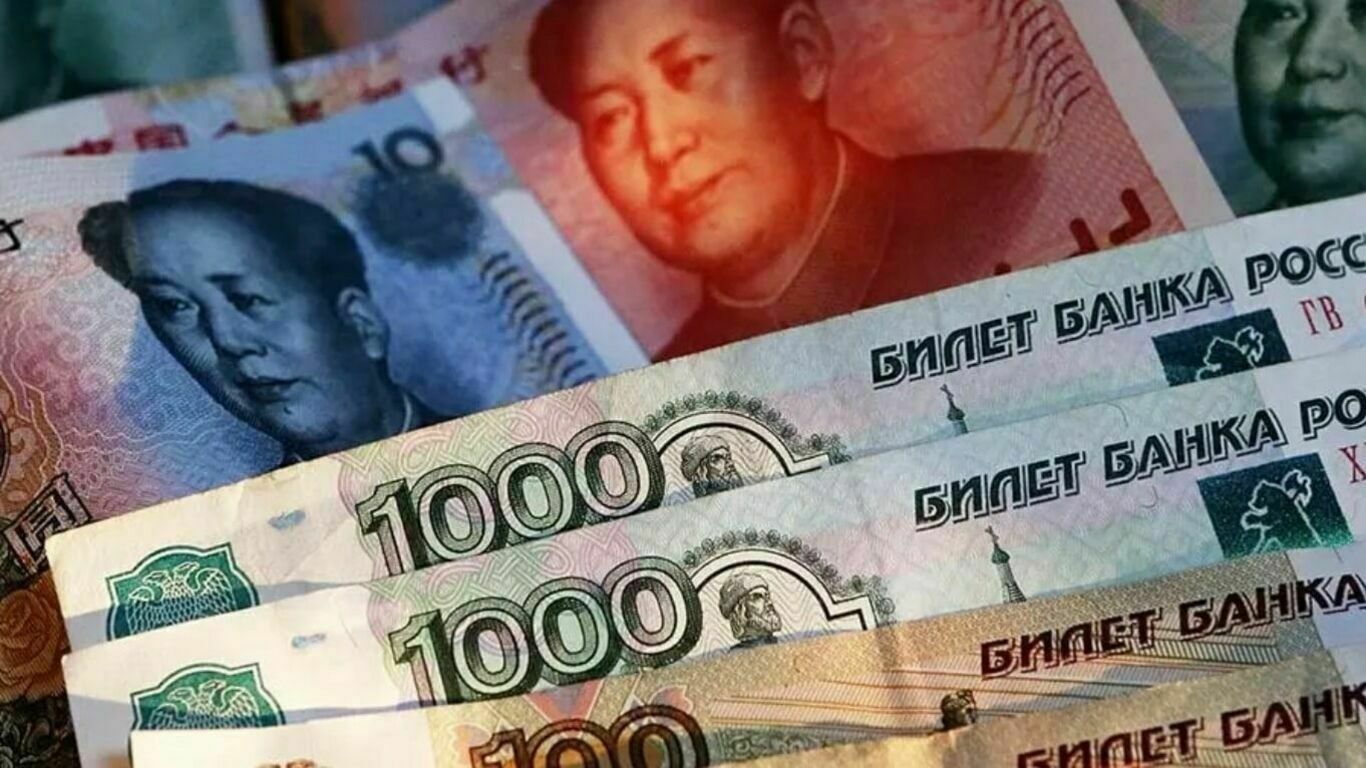Posted 5 апреля 2023, 08:24
Published 5 апреля 2023, 08:24
Modified 5 апреля 2023, 09:43
Updated 5 апреля 2023, 09:43

The yuan has become the most popular currency in Russia. But it's not worth burying a dollar
One of the main news on Wednesday morning, April 5, was reported by Bloomberg: the Chinese yuan has become the most traded currency in Russia, instead of the US dollar. Experts explain this by the fact that Western sanctions hit Russian banks, which previously made cross-border transfers in currencies of "unfriendly" countries, primarily in dollars, and then had to turn to other currencies, and primarily to the yuan. This reflects the development of economic ties with China instead of the United States and Europe. The Central Bank of the Russian Federation encourages Russian companies to transfer their assets either to the ruble or to "friendly" currencies in order to avoid blocking or freezing, and now in the recent past, the dollar, the most popular currency in Russia, has become less accessible.
The ruble is now almost entirely dependent on China
It is also interesting that while imports of goods to China from Russia increased by 29%, Chinese exports slowed down.
Experts also note that the ruble is still weakening: at morning trading on the Moscow Stock Exchange, the ruble exceeded 79 for the dollar and 86 for the euro, despite the rise in oil prices. It is getting closer to the values to which it fell immediately after the start of its own, and now there is also a new factor — total dependence on China, writes.
The ruble exchange rate is now determined:
- yuan reserves of the Russian Federation;
- volumes of Russian oil and gas purchased by China;
- prices that China will agree to pay.
- the scale of Russian spending on its;
- Beijing's unpredictable manipulations over its national currency.
The transition to the new status began in 2022 and will end in 2023. Before the start of the SVO in Ukraine, the exchange rate of the Russian currency depended on the needs of the world market for oil and gas. Now it will depend only on China's oil needs and on the decisions of the People's Bank of China.
Analysts believe that China's control over the capital account and geopolitical concerns among global investors remain an obstacle to promoting the use of this currency abroad. Only 2.7% of global foreign exchange reserves were placed at the end of last year in yuan, compared with 2.9% in the first quarter of 2014.
The green monster will live yet!
Financial analyst Yevgeny Kogan strongly advises against burying the dollar:
"And what should we, sinners, do? Are we starting to bury the "green monster"?
Even if the Chinese yuan wins back a good share in trade settlements and cross-border payments, the dollar is highly likely to remain the preferred reserve currency for central banks of developed countries. And this is much more important.
And let's be honest, America will do everything in its power so that the alternatives to the dollar do not live very happily.
If the economic situation in the United States begins to cause concern, or a massive outflow of deposits provokes a liquidity crisis, or finally the government defaults (which does not look serious yet), gold will win first of all not alternative currencies, but gold. In the meantime, we are listening to Trump and diversifying our investments a little, as the world's leading Central banks do. But again, we are not in a hurry to bury the dollar. Let's leave this fun to our grandchildren..."